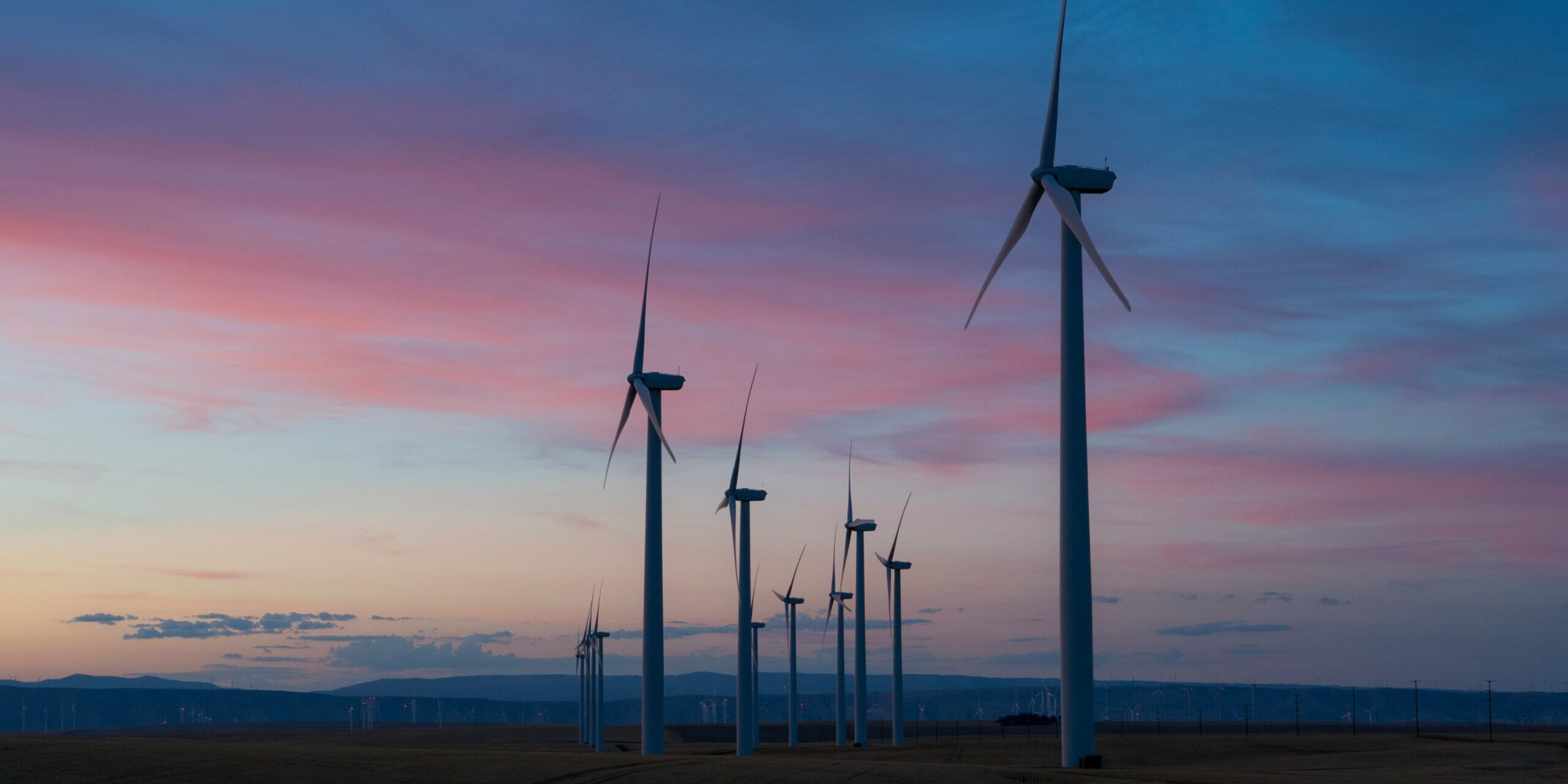The transition from fossil fuels to clean energy hinges not only on the adoption of renewables but also on the development of diversified and resilient supply chains for materials and components. To delve into the importance of diversification and how to address it, let’s explore the current challenges and potential solutions.
Currently, suppliers of solar modules, cells, wafers, electrolysers for green hydrogen, and battery components face difficulties in attracting finance and operating internationally due to the dominance of Chinese producers. China produces the majority of solar modules worldwide at significantly lower costs, leaving little room for new entrants. This concentration of production capacity poses challenges for market entry and competition.
However, efforts are underway to address these challenges. Countries like the US, India, and the EU are ramping up their manufacturing capacities for solar modules and other renewable energy components through incentives and policies aimed at fostering domestic production. Additionally, initiatives such as the Net-Zero Industry Act in the EU and Indonesia’s battery production plans demonstrate a commitment to diversifying the supply chain.
To promote diversification further, leveraging domestic markets and implementing coordinated trade strategies are crucial. Renewable energy targets provide the necessary demand signals for locally produced components, while trade policies, including import duties and non-tariff barriers, can create a level playing field and mitigate unfair competition practices.
Furthermore, comprehensive ecosystem development across the entire value chain is essential. Investing in mid-value chain stages and upgrading existing industrial facilities to produce clean energy components will enhance efficiency and reduce costs. This requires collaborative efforts between governments and the private sector to de-risk investments and bridge competitiveness gaps.
Finally, developing expertise in emerging supply chains, such as green steel and sustainable fuels, is imperative to avoid over-dependence on specific technologies. Proactive measures, including replicating successful models and targeted government incentives, can support the growth of these sectors.
In conclusion, while diversification of supply chains presents medium-term challenges, concerted efforts are needed to accelerate progress and meet the demands of the renewable energy transition.
#BreakingNews #RenewableEnergy #SupplyChainDiversification #CleanEnergy #TradePolicies #EcosystemDevelopment #ICTTM







